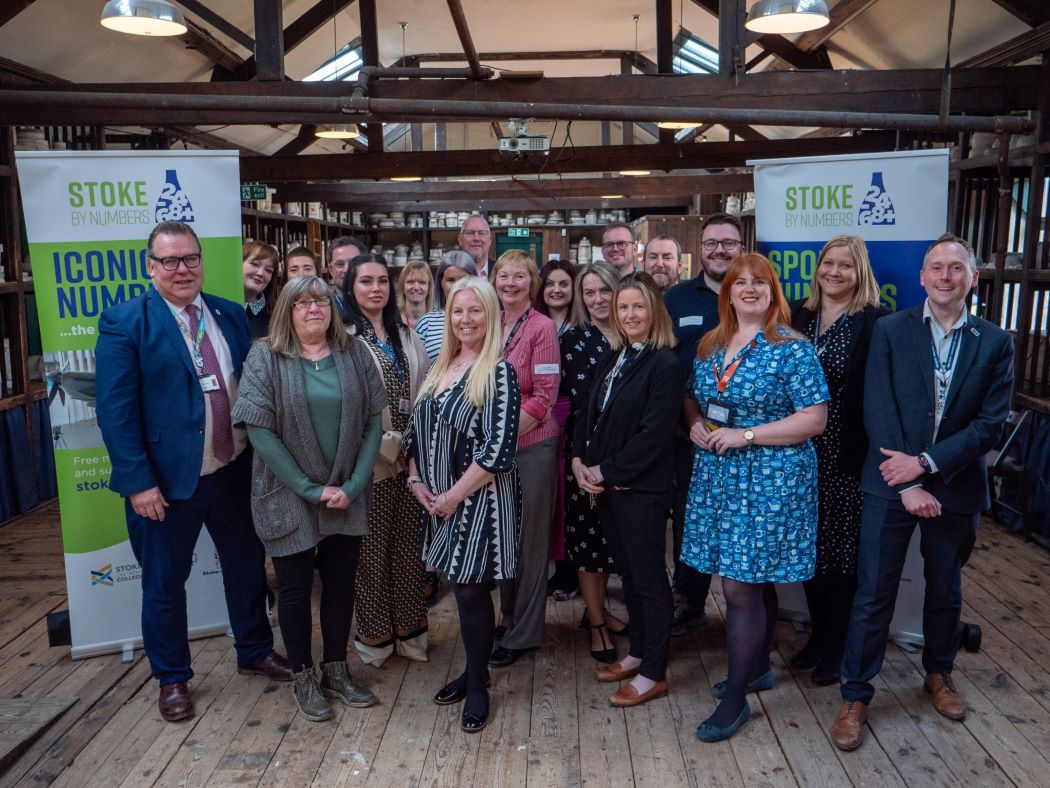A step-by-step guide for planning the perfect study trip

Students are eager to learn outside the classroom, and access to this type of learning opportunity is widening post-pandemic. But the process of organising a study trip can be stressful and time-consuming for teachers, lecturers, and parents alike. Diversity Study Trips shares its top tips to make this process as stress-free as possible.
Why do students learn outside the classroom?
Educational trips can be what many students look forward to the most in their time in academia, as learning can be translated from the classroom into real life, as well as help prepare them for their future career. Students are eager to learn outside of the classroom, but the opportunity is not available to all students. This is reflected in the increase in applications to the Turing Scheme, with almost 100 extra applications in the last year compared to the previous year.
Following the difficult years of the pandemic, it is expected that more students will have the opportunity to travel abroad for study trips and placements again as the world is opening up. However, it is imperative that these great opportunities can benefit every learner, no matter what their background is. The study trip process can also be a stressful time for lecturers and parents. Therefore, this guide should shine a light on how to make the planning process as stress-free as possible.
Speak to the experts first
Planning the most enriching and engaging study trip for your students, whilst taking into account budget and your objectives can be an overwhelming challenge. Sometimes, speaking to travel experts can take a weight off your shoulders, as you know the trip is in safe hands. Speaking to educational travel experts can streamline the planning process, from understanding the aims of the trip, to selecting a destination – and all of the logistics in between. Experts will be able to advise on location swaps to align with the college budgets, ensuring that every student will be able to take part and enrich their learning. Starting this process early sets the stage for a smoother, hassle-free, and memorable experience for everyone involved.
Involve the students when planning
Involving students in the planning process for a study trip is a great way to ensure they take ownership of their learning experience, and that it aligns with their academic interests and goals. This is especially valuable where this is relevant to the coursework, such as tourism, travel or business courses. Not only does this foster a sense of responsibility and teamwork prior to the trip, it encourages students to be engaged and involved in the trip itself; they will also see their learnings come to life. The students will input ideas from their unique perspectives, perhaps refreshing a trip that has been running for a few years.
Communication is key for safeguarding
Colleges will always prioritise the safety of its students and, with overseas trips, this becomes even more important. Alongside parental permissions, a list of emergency contacts is vital to obtain for the peace of mind of those at home. Placing any required medication in the hands of the teachers will prevent anything from going missing.
Having a trusted travel partner could ease any concerns from students, parents, and guardians. Using the help of a specialised travel management company could make 24/7 help available to the teachers involved, helping to diffuse any issues that may arise.
Collaborate with local experts
By creating a solid, trusted network of suppliers and companies who work closely with the school to organise the trip, teachers can rest assured that knowledge and help will be just around the corner, no matter where they are in the world.
Travel management companies will have national or global partnerships in all relevant sectors to help the trips run as smoothly as possible. This can be crucial to avoid a crisis when things go wrong, as a coach company could rescue a trip if the trains are cancelled!
Make time at the end for reflection
Following the success of a study trip, gathering feedback from students, teachers and parents is crucial. Assessing the trip in relation to your objectives, and the feedback given, can help to put steps in place to ensure the success of future trips. This will make the planning process more efficient the following year, and should lead to a streamlined study trip process within the school.
Planning an educational trip can be a stressful time for lecturers and administrators – but it doesn’t have to be.
By Kate Erskine, Head of Diversity Study Trips












Responses